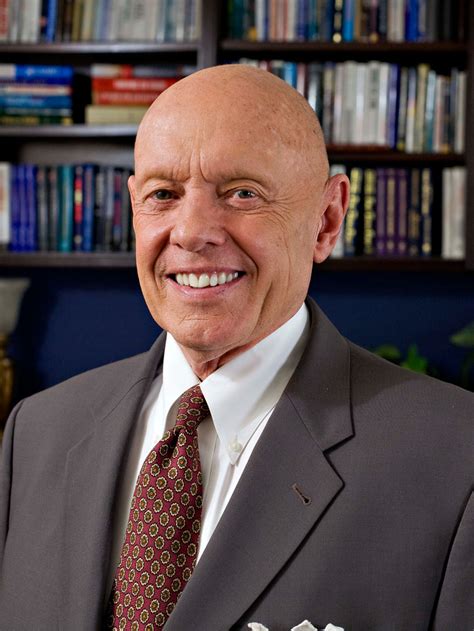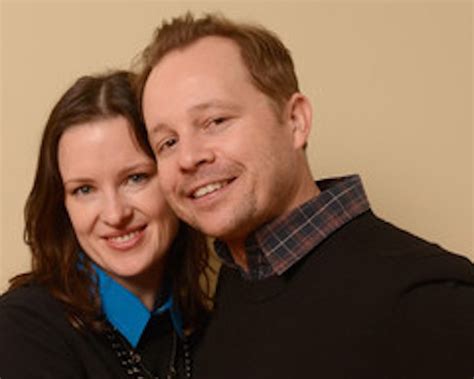A Quote by Sigmund Freud
The pleasure principle long persists, however, as the method of working employed by the sexual instincts, which are so hard to 'educate', and, starting from those instincts, or in the ego itself, it often succeeds in overcoming the reality principle, to the detriment of the organism as a whole.
Related Quotes
It is clear, then, that the idea of a fixed method, or of a fixed theory of rationality, rests on too naive a view of man and his social surroundings. To those who look at the rich material provided by history, and who are not intent on impoverishing it in order to please their lower instincts, their craving for intellectual security in the form of clarity, precision, "objectivity," "truth," it will become clear that there is only one principle that can be defended under all circumstances and in all stages of human development. It is the principle: anything goes.
Sorrow, terror, anguish, despair itself are often the chosen expressions of an approximation to the highest good. Our sympathy in tragic fiction depends on this principle; tragedy delights by affording a shadow of the pleasure which exists in pain. This is the source also of the melancholy which is inseparable from the sweetest melody. The pleasure that is in sorrow is sweeter than the pleasure of pleasure itself.
It is no wonder if, under the pressure of these possibilities of suffering, men are accustomed to moderate their claims to happiness - just as the pleasure principle itself, indeed, under the influence of the external world, changed into the more modest reality principle -, if a man thinks himself happy merely to have escaped unhappiness or to have survived his suffering, and if in general the task of avoiding suffering pushes that of obtaining pleasure into the background.
Looking to future generations, there is no cause to fear that the social instincts will grow weaker... the social instincts, - the prime principle of man's moral constitution - with the aid of active intellectual powers and the effects of habit, naturally lead to the golden rule, "As ye would that men should do to you; do ye to them likewise"; and this lies at the foundation of morality.
Curiously, a principle affects your life whether you are aware of it or not. For instance, the principle of gravity was working long before the apple ever fell on Newton's head. But once it did, and he understood it, then we as a society were free to harness this principle to create, among other things, airline flight.
Honesty is a principle. Service is a principle. Love is a principle. Hard work is a principle. Respect, gratitude, moderation, fairness, integrity, loyalty, and responsibility are principles. There are dozens and dozens more. They are not hard to identify. Just as a compass always points to true north, your heart will recognize true principles.
The word Gothic, in the sense in which it is generally employed, is wholly unsuitable, but wholly consecrated. Hence we accept it and we adopt it, like all the rest of the world, to characterize the architecture of the second half of the Middle Ages, where the ogive is the principle which succeeds the architecture of the first period, of which the semi-circle is the father.
One is that I'm really interested in movies about sex and lust, because I think those are primal, carnal instincts that translate well to a visual medium. Two, these things that I write, or want to make, are an expression of - I don't want to say darker instincts, but let's say darker instincts. But that's why I'm a writer.
What decides the purpose of life is simply the programme of the pleasure principle. This principle dominates the operation of the mental apparatus from the start. There can be no doubt about its efficacy, and yet its programme is at loggerheads with the whole world, with the macrocosm as much as with the microcosm.




































